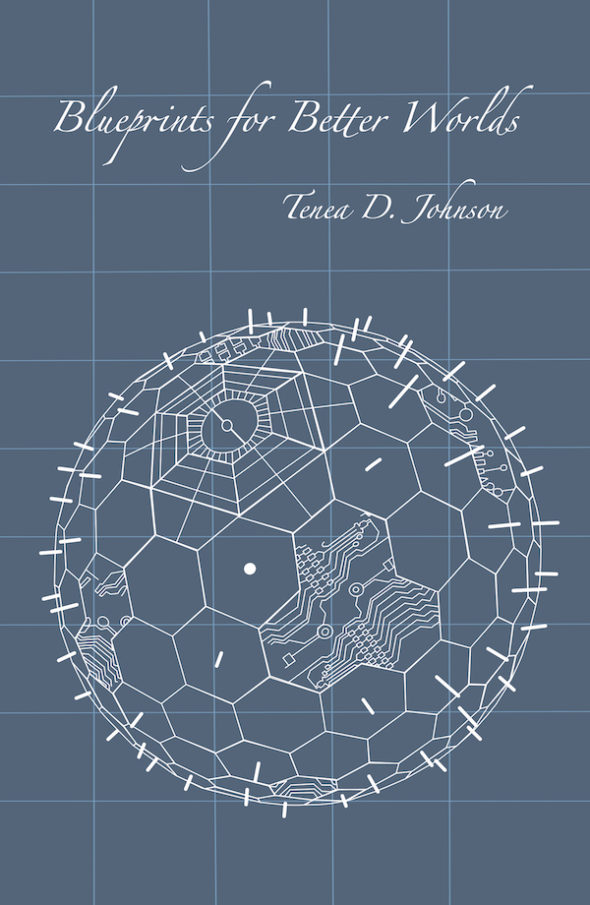3 Minutes with Larissa, Author of When Fox Is A Thousand

Original Photo by Martin Damboldt from Pexels
Next up from the Innovative Worlds storybundle we have award-winning author, Larissa Lai whose novel When Fox Is A Thousand is included. She stops by to drop knowledge about some innovations the world needs right now and some of her writing goals.
What innovation do you think the world most needs right now? The US?
LL: I think the world needs a viable imagination for how to get out of deepening patterns of strong arm rule, cruelty and oppression. It needs a form of media that people will write/read/watch/hear/speak to/listen to with engagement and interest that at the same time allows for and encourages complex, nuanced, compassionate and respectful conversation. These things would be good for the US too.
Does speculative fiction have a role in innovation? If so, what is it?
LL: I think speculative fiction is key to positive social change. Fiction writers in general have the gift and responsibility of being able to think dialogically. Speculative fiction writers have the additional gift and responsibility of being able to imagine new or different worlds, technologies, and futures. The speculative fiction traditions of utopia, dystopia and what the Tom Moylan has called critical utopia can be especially useful right now.
What’s your favorite innovation of the last 25 years? The last 5?
LL: How about the last 50? I like the brooder in Marge Piercy’s Woman on the Edge of Time. Not because I actually want one, but I really appreciate the social direction that innovation turned us towards. This is a fictional innovation obviously.
Who’s the greatest innovator of your lifetime (public or personal)?
LL: Octavia Butler, because of her capacities to dream us into the future in relationship across racial difference, as imperfect but compassionate beings.
What innovation does publishing most need right now?
LL: We need a more robust, intelligent, compassionate, generous, and broadly engaged review culture than what we have right now, one that can productively expand and deepen our conversation about books. I hope this will expand and deepen the way we live together in these difficult times.
Right now in the US, there’s the struggle with the pandemic, what some are calling a racial reckoning and a hotly contested, crucial race to decide who will be the next president, what part can fiction and storytelling play in such times? How can it contribute or detract?
LL: I think the social speculative fiction strain that ran strong in the 1970s and at present can be really useful to help us think through the consequences of any potential choices, actions, or organizing work we do right now. I think particularly of Ursula LeGuin and her idea of the literary experiment, which changes one (or more) things in our present world and uses the novel to test it out. One can test out things in in novels without hurting real people. But of course, because they are part of the real world, novels can spark things in it that can change it. So we must be careful!
What was the most difficult story/part of your novel to write? Why?
LL: The contemporary “Artemis” sections. These were difficult perhaps because they were closest to home, at the time of writing.
How do you measure writing success?
LL: When I wrote When Fox Is a Thousand, I wanted it to empower other young people like myself (as I was then). By this I mean the generally BIPOC, GBLTQ2S+ communities through which I moved (and still move). I wanted other young Asian women to find something of and for themselves in the book. These days, while those concerns are still important, I want my writing to more than that. By more, I mean I want it to build relationships. If it also gives us an inkling of how to live better together, that would be wonderful.
dash—dash




